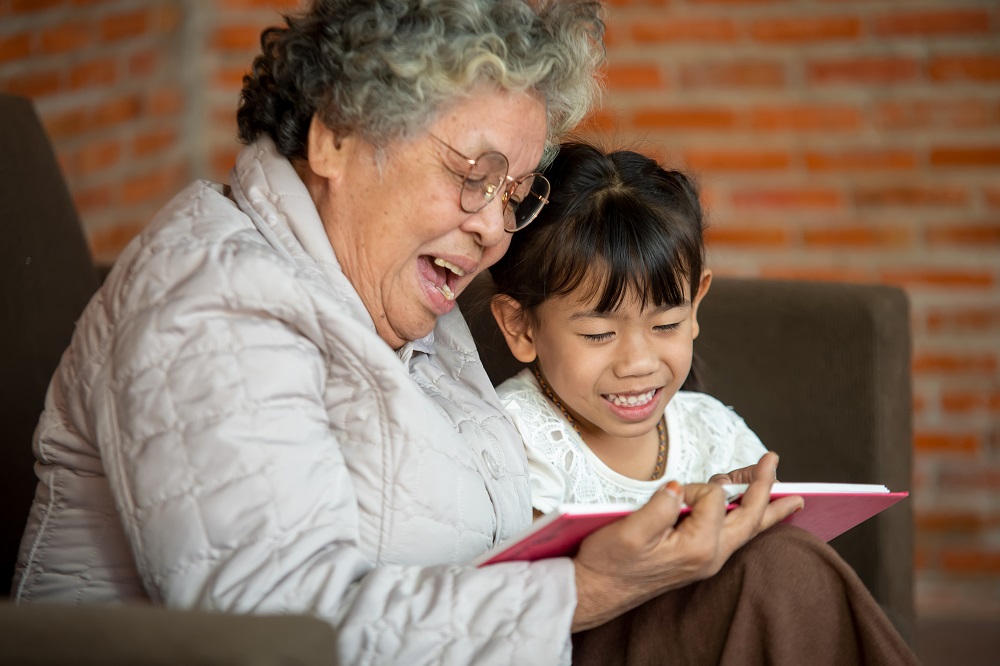As preparations begin in earnest for CONFINTEA VII, it is critical that Southeast Asia continues to contribute to the global movement for adult education and lifelong learning as part of a sustainable future, writes Ethel Agnes Pascua-Valenzuela

Lifelong learning plays a significant role in building a learning society and, therefore, supporting a nation’s economic development. Because of this, there is growing awareness in Southeast Asia of the importance of lifelong learning and of engaging stakeholders on issues of sustainable development.
Interest in developing lifelong learning systems took root in Southeast Asia in the early 2010s, when the Southeast Asian Ministers of Education Organization (SEAMEO) established the SEAMEO Regional Centre for Lifelong Learning in Ho Chi Minh City, Viet Nam. The centre functions as a setting for countries in the region to share knowledge, strengthen national educational strategies, train teachers, and expand cooperation between universities and civil society in order to enhance literacy and lifelong learning opportunities for all.
Southeast Asian countries, with their diverse sizes and contexts, have achieved significant progress in expanding citizens’ access to lifelong education and learning opportunities in formal, non-formal and informal settings. These achievements are the result of government policies and implementation and institutional frameworks that support the development of competences in various educational domains, including formal education systems and teacher-training units, through online learning, open schooling and community learning, and via skills-based individual development.
The recent Building a society of learning in the 2021–2030 period project, approved by the Prime Minister of Viet Nam on 30 July 2021, for example, established a number of specific goals– including higher literacy rates, universal preschool education and an increase in the digitalization of educational activities at universities and community learning centres (CLCs) – to be achieved by 2030. The project includes tasks and solutions such as raising awareness; completing mechanisms and policies on building a learning society; promoting digital transformation and application of information technology in the organization of lifelong learning activities; promoting the activities of the community learning centres; and organizing movements and campaigns to promote lifelong learning.
Another initiative worth noting is that of the sub-district CLCs in Thailand, which are administered by the country’s Office of Non-formal and Informal Education (ONIE). These CLCs, which include mobile learning centres, teach local villagers life skills, basic and continuing education, and literacy and vocational training through a variety of activities and printed and electronic media. This initiative was supported by Thailand’s national education plan 2017–2036, which defines a conceptual framework that supports the development of educational opportunities for people throughout their lives, with special attention paid to disadvantaged groups, including disabled populations and those living in rural and remote areas. Some examples of best practice in these CLCs include relating programmes and activities to sustainable development and lifelong learning and working with community partners and resources to extend opportunities to the target populations.
The Ministry of Education, Youth and Sport (MoEYS) of Cambodia coordinated and prepared with the approval of the country’s Office of the Council of Ministers on 7 June 2019 a national policy on lifelong learning, promoting it as a ‘compass for human resource development towards further progress and prosperity’. Ensuring quality education and promoting lifelong learning opportunities for all is one of two overarching policies (along with ensuring effective leadership and management of education officials at all levels) stipulated by MoEYS to achieve the priorities set out in its Education Strategic Plan 2019–2023.
Nevertheless, despite these positive developments, challenges remain in meeting the targets set out in Sustainable Development Goal (SDG) 4 on education. There are a number of reasons for this, the first being societal perceptions of traditional formal education as superior to vocational or informal learning. Moreover, there is a lack of a lifelong learning culture and accompanying mindset which foster the habits required for lifelong learning. A third challenge is the unequal access to learning opportunities that people experience because of where they live, their income and living conditions. This has been exacerbated by the closures of school and learning centres caused by the COVID-19 crisis.
The national initiatives and policies mentioned earlier have greatly contributed to alleviating some of the disruption caused by the pandemic. In order to address remaining difficulties and gaps, however, Southeast Asian countries need to learn from each other and continue to expand the provision of high-quality and diversified learning opportunities for all. The Seventh International Conference on Adult Education (CONFINTEA VII), organized by the UNESCO Institute for Lifelong Learning (UIL), is a valuable chance for policy-makers across the region to share ideas, innovative approaches, action plans and strategies with education stakeholders from across the world.
Despite the devastating impacts COVID-19 has had on education, learning must go on. Southeast Asia must continue to be a part of the global movement towards sustainable, resilient education and lifelong learning opportunities for all.
Ethel Agnes Pascua-Valenzuela is Director of the Southeast Asian Ministers of Education Organization (SEAMEO) Secretariat
